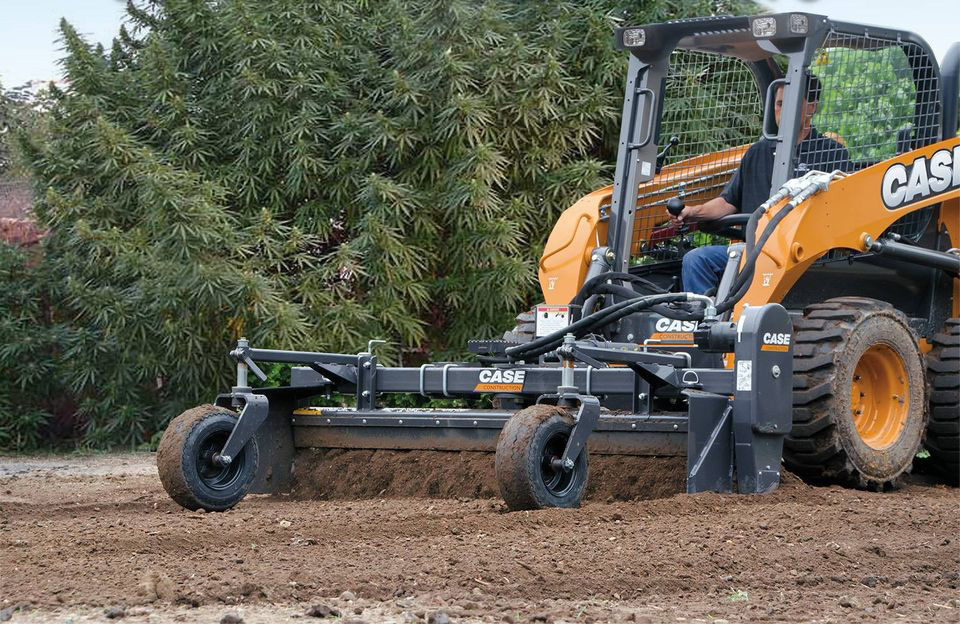
How Construction Vehicles Can Help Rebuild Hemp Farms after the West Coast Wildfires
Crops are susceptible to changes in climate, so a smoky environment such as the recent fires in California, Oregon and Washington can cause a negative impact as well. More than 5 million acres have burned in the massive wildfires in the west coast states. Hemp harvest season usually takes place around mid-August til early October. Not this year, many hemp farms were ravaged up by the wildfires, destroying property and resulting in millions of dollars in losses.
Even some of the spared crops have also been affected by smoke damage. In addition, cannabis flowers, which are known for its essential oil and sticky nature are susceptible to catching traces of toxic ash and absorb the smoke exposure which is very difficult to wash off. Some local residents have said their legal outdoor cultivation operations of smokable cannabis flowers now smell like a burnt forest.
It’s safe to assume that commercial farmers lost an entire year’s crop and it will put a big dent in the nation’s entire market. Not just in directly fire-affected fields, but also by the smoke damage which destroyed the crops. For those that will be able to survive the loss, it’s about looking ahead and rebuild the growing grounds.
For outdoor operations, the smoke-saturated soil will need to be bladed, to prepare the site and make room for nutrient rich soil. By preparing the site, with construction vehicles like a CASE 850 dozer, any ash and debris can be removed to prepare the soil so it begins promoting growth and survival of new plants.
Another important aspect of rebuilding a cultivation farm is to comply with cannabis cultivation policies according to you state’s water code. The purpose is to ensure that the diversion of water and discharge of waste associated with cannabis cultivation does not have a negative impact on water quality, aquatic habitat, riparian habitat, wetlands, and springs. Such steps that need to take place are erosion control though grading and earthwork using construction vehicles like dozer, compactor, and an excavator, like a CASE CX130.
For many farmers and land owners it is required to construct and maintain a fire-break around their property boundaries to help prevent the outbreak or spread of a brushfire. For hemp farms, it’s no different. A fire-break is a strip of land that has been cleared of all trees, shrubs, grass and other combustible material, providing a ‘fuel free’ area. The benefit to having fire-breaks in place throughout the year is that they support fuel management activities such as planned burning during the autumn, winter and spring seasons. Each local government determines their own minimum fire-break standards and how these standards apply to various property sizes. Fire-breaks are often constructed with a construction vehicles such as a dozer, a front end loader, a grader, or a skid steer loader.
Determining which construction vehicles are ideal for your hemp farm is not an easy task. Contact your local heavy equipment dealer, like Sonsray Machinery, an authorized CASE CE dealer and one of their equipment specialists will give you the best recommendations to help you with your next hemp harvest. We are here for you to help clean up the past and help you rebuild the future of your business.
